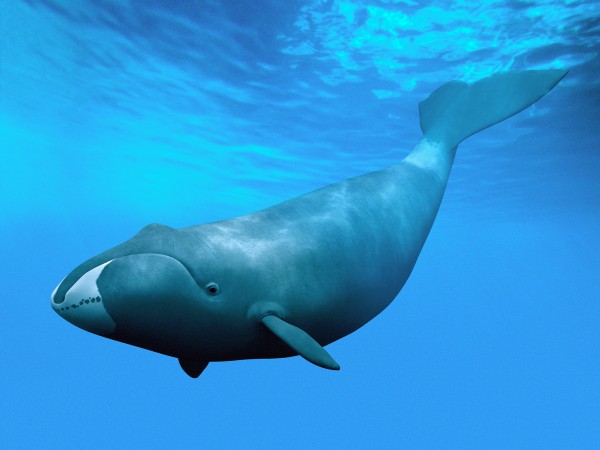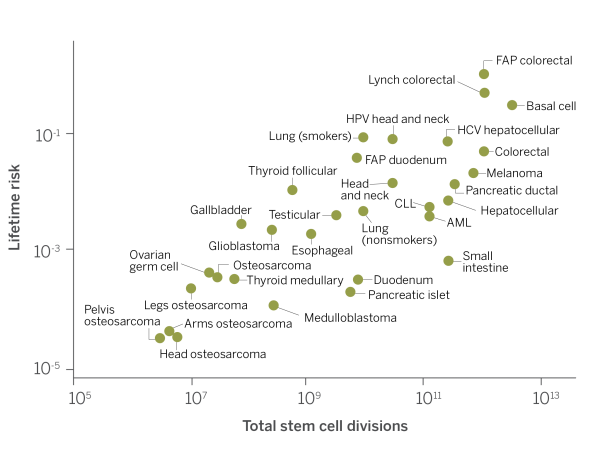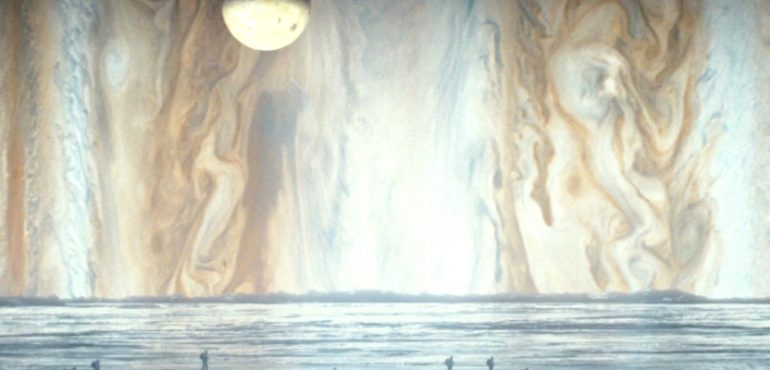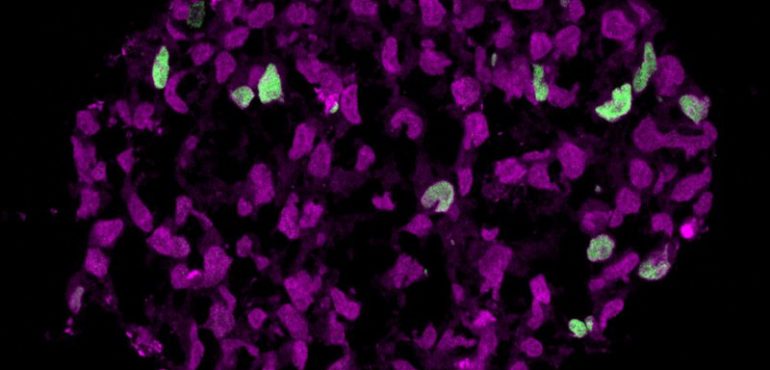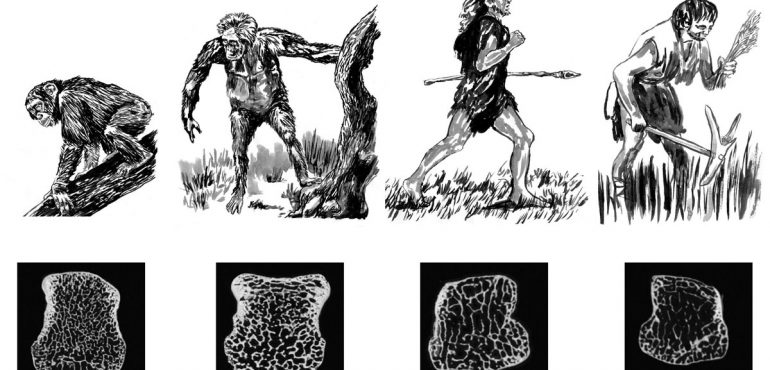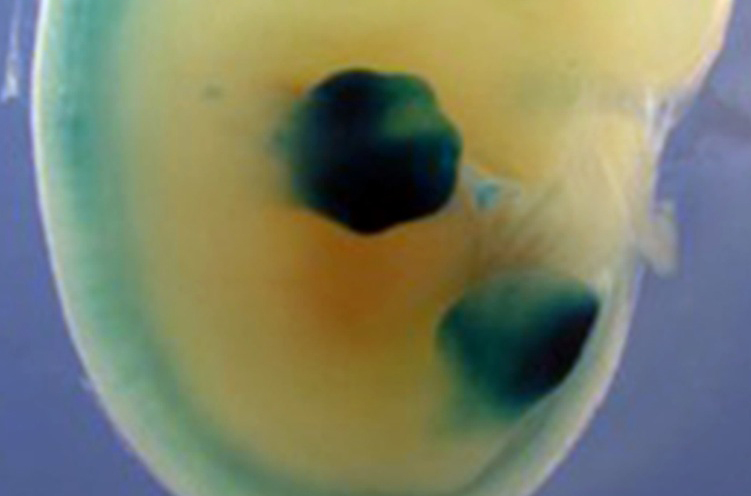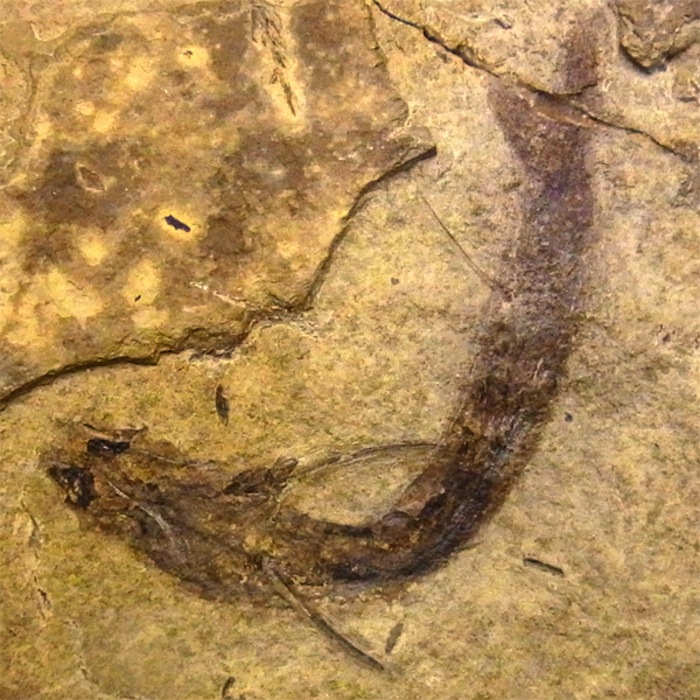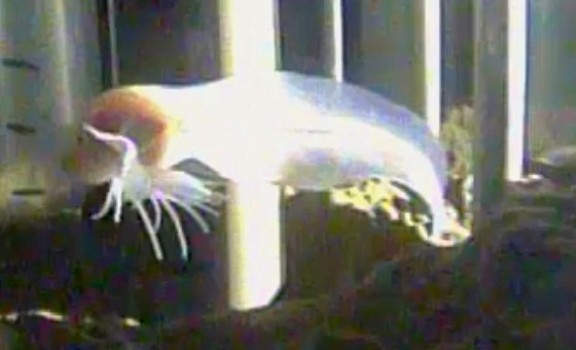Bowhead whales (Balaena mysticetus), denizens of Arctic seas, are known to live more than 200 years, yet they show few signs of the age-related ailments that plague other animals, including humans. Even the bowhead’s closest cetacean relative, the much smaller minke whale, lives only 50 years. That suggests the larger whales (which have more than…
Read more
How some whales live more than 200 years
